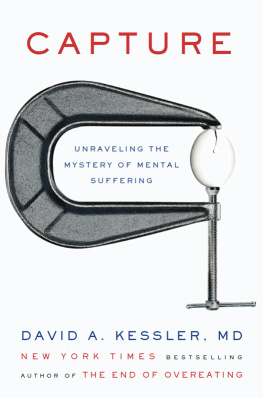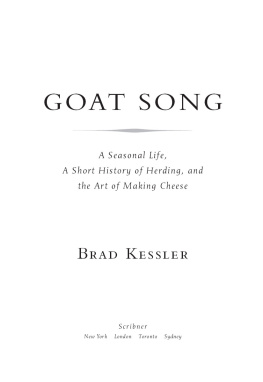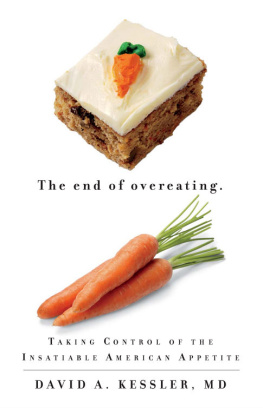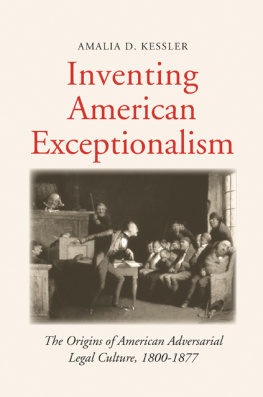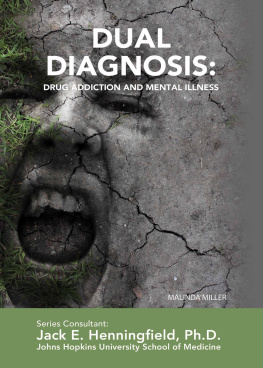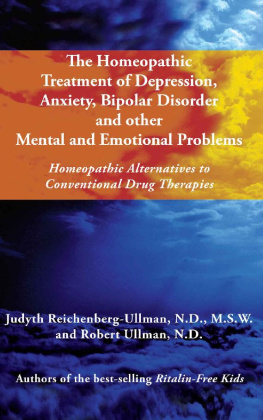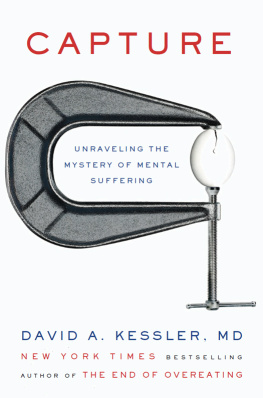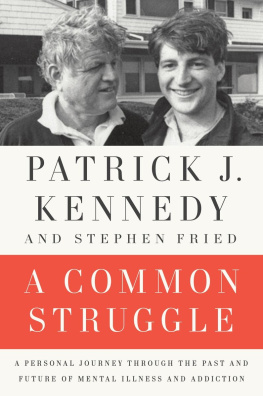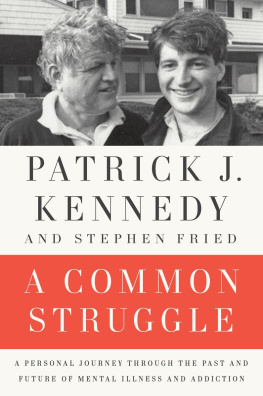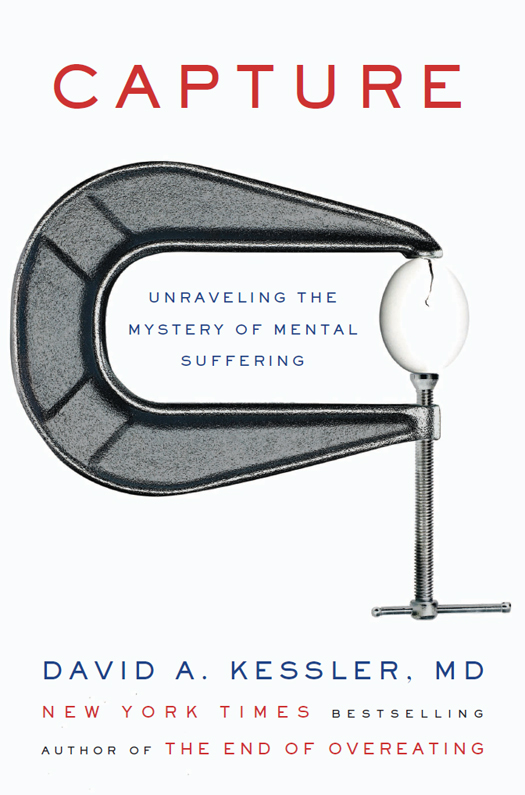For Ben
CONTENTS
Guide
An unfamiliar light
and suddenly its your whole life.
Black out the windows and board them up
and its still there in the bowl of the spoon
and in the soup
and in the lamp and in the air after the lamp goes out.
The others cant see it. They creep up, pitying you.
All their love wont make it go away.
Look at this instead, they say, offering up some old argument.
The light never goes out. It is so beautiful.
Someday you might learn to ignore it...
SARAH MANGUSO
He left more than a dozen lamps burning in his workroom. They shone upon the desk, and on the unfinished manuscript neatly stacked on top of it. Next to the manuscript was a two-page letter. This was the scene on the evening David Foster Wallace hanged himself.
Wallaces suicide at the age of forty-six devastated the literary community. He was, at the time, acclaimed as the boldest, most innovative writer of his generation. His novel Infinite Jest was widely lauded by critics and thought to have redefined postmodern American fiction. The manuscript on the desk, which he despaired of ever completing, would be published posthumously as The Pale King. Though it was fragmentary, the novel, many would later argue, contained some of his best work. Despite Wallaces frustration with his inability to complete the book, in some ways his life had never been better. He had married four years earlier and was comfortably settled in California, with a teaching job he loved. Why, then, did he take his own life?
Its not that Wallaces suicide came as a surprise to anyone who knew him well. He had been troubled since adolescence: brilliant, yet stricken with self-doubt and, at times, a paralyzing self-awareness. As a young man, he depended on alcohol and marijuana to dampen his constant anxiety. He had come close to suicide before, and in his fiction he had written of the state of mind that drives one to that abyss. Yet he had also tried to save himself. He had been prescribed antidepressants in college and continued taking them throughout the rest of his life. At the time of his death, he was a dedicated member of Alcoholics Anonymous, having successfully left behind both alcohol and marijuana years before. Though prone to fits of anger and reclusive behavior, he fought his self-destructive impulses and sought communitywith his fellow AA members, devoted students, and literary colleagues.
The questions remain: Why would someone who struggled so long not just to stay alive but also to stay vital and connected end his life so violently? Why would someone with such recognized talent choose not to go on? What was it that was beyond the grasp of his clearly formidable intellect and will? What was the underlying cause of the depression that governed Wallaces deep unhappiness? Depression is a label used to describe a group of symptoms. It is not a cause.
From an early age, Wallace wanted to be exempt from the ordinary. He wanted to excelfirst as a student, and later as a writerand he wanted others to recognize his genius. Yet, as soon as he succeededif he earned an A-plus or received critical acclaimhe grew uneasy, and then despairing. He wanted to be a good person, but suspected something crooked about the way in which hed achieved success, something false in himself.
Those closest to Wallace recall that this inner conflict developed in boyhood. Contradictory impulsesyearning for greatness yet feeling like a fake with every new achievementpushed him further into himself. He wrote about the phenomenon in his short story Good Old Neon, in which an advertising executive describes his own suicide posthumously: The more time and effort you put into trying to appear impressive or attractive to other people, the less impressive or attractive you felt insideyou were a fraud. And the more of a fraud you felt like, the harder you tried to convey an impressive or likable image of yourself so that other people wouldnt find out what a hollow, fraudulent person you really were.
Occasionally Wallace worked double time in order to bend reality to meet his fears, employing a kind of meta-logic reminiscent of his fiction. A lot of his criticism wasnt that he was stupid in the whole bell curve of the population, but that what he was really good at was pretending to be really smart, the novelist Mark Costello told me about his old friend and roommate. The way Dave kept self-pessimism alive was by creating this other narrative where he said, Well, actually, what I am is... a false sort of smart.
Wallace was haunted by the fraudulence paradox, as he called it in Good Old Neon. As an adult, he was always on high alert, always sensitive to signs of the beguiling impostor that, though he must have known it exists in all of us, he could not allow for in himself. He once scribbled in the margin of a book, Grandiosity, the constant need to be and be seen as superstar. Something about this notion stuck and became a reflexive thoughtone that made him feel very badwhen he encountered something that threatened his sense of credibility.
And any number of things could threaten his sense of credibility: critical praise, academic success, romantic attention, somebody laughing at his jokes. These were all land mines and prompted by them Wallace felt an immediate split between how he was perceived and who he really was. In these moments, his life became a lonely performance. Everything else receded into the background. This feeling encompassed him more strongly each time he experienced it, gaining traction in his mind.
Depression involves a continual focus on negative thoughts, experiences, memories, and feelings to the exclusion of all elsea kind of inverse learning. As a person narrows his or her attention, focusing on only the most negative stimuli, the mind slowly devours itself. This process seemed to be particularly true for Wallace. It would be impossible to know just how, and in how many ways, he was gripped by self-doubt, but it seems fair to say that he was seized by his self-destructive refrain. He knew it, but felt powerless to change it. What goes on inside, he wrote in Good Old Neon, is just too fast and huge and all interconnected for words to do more than barely sketch the outlines of at most one tiny little part of it at any given instant.
In a 2005 commencement address he delivered at Kenyon College, Wallace advised the graduating class to think of the old clich about the mind being an excellent servant but a terrible master. This, like many clichs, so lame and unexciting on the surface, actually expresses a great and terrible truth, he said. It is not the least bit coincidental that adults who commit suicide with firearms almost always shoot themselves in the head. They shoot the terrible master.
What happens when our rational minds feel as though theyve been hijacked by something we cannot control? I hope to begin to unravel the mystery of mental suffering, to decipher the underpinnings of a range of intense mental afflictionsincluding addiction, depression, anxiety, mania, obsessive thoughts, and violent anger.
For more than two decades, I have researched the ways in which certain substancesspecifically, tobacco and foodcome to influence and, in some cases, control our actions. What most fascinates me is how these substances seem to override both reason and will, directing our thoughts, feelings, and behavior, apparently without our consent. Nobody ever decides hes going to smoke 780,000 cigarettes over the course of a lifetimepeople think theyre going to try smoking once, or perhaps a few times, to see what it is like. We dont want to eat until we feel sick, but many of us do it anyway. What else, I wondered, could exert such control over our thoughts and actions? Is it possible that the same biological mechanism that selectively controls our attention and drives us to chain-smoke or overeatin other words, to behave in ways that are not beneficial to our well-beingis also responsible for a range of emotional suffering?

